Restoring Gut Flora: How To Balance Gut Bacteria
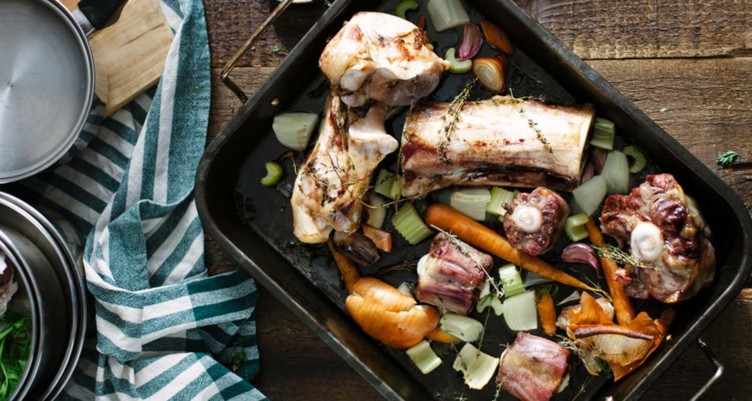
- Your gut flora are the microorganisms that line your digestive tract, help digest your food and assist in various tasks from your immune system to your weight.
- Antibiotics, sugar and even stress can lead to an imbalance of your gut flora, which can impact your digestive health.
- Certain habits, like taking specific strains of probiotics, eating prebiotic foods and reducing sugar intake, can help restore healthy gut flora.
You have to take a course of antibiotics. You experience occasional gas and bloating after eating. You are navigating a stressful time by turning to rich foods and comforting sweets. All of these common situations can impact digestion and overall well-being. Thankfully, some simple habits and lifestyle changes can support digestive health and restore balance to your gut microbiome. Keep reading to find out how.
What is the gut microbiome?
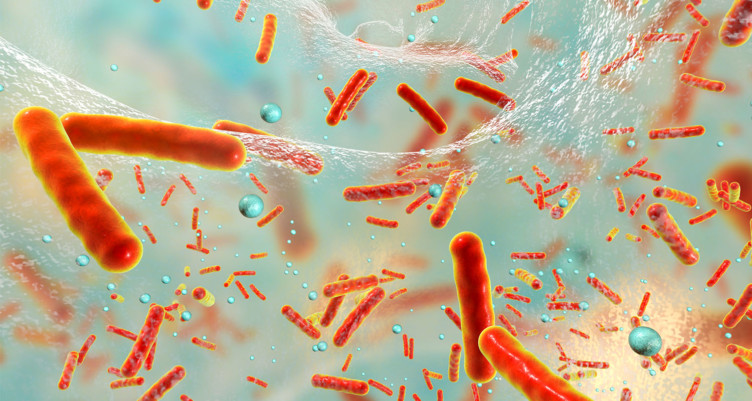
Trillions of microorganisms live inside a pocket of your large intestine called the cecum. Your gut microbiome is this collection of microbes that contribute to key processes like metabolic function, protection against pathogens and educating the immune system. [1]
What is gut flora?
The collection of microorganisms that live in your digestive system is your gut flora, also known as the gut microbiota. This complex ecosystem consists of approximately 100 trillion bacteria from 500 to 1,000 distinct bacterial species.[2]
Our knowledge of the interaction between gut health and overall health is still in the preliminary stages. Research has found that colonies of beneficial bacteria help you digest and absorb food, fight off microbes that make you sick and are responsible for a large portion of your serotonin, which helps maintain a steady, healthy mood.[3] [4] [5]
Science continues to discover new ways that gut bacteria are directly linked to health. For example, research found that having balanced populations of beneficial gut bacteria and potentially harmful ones is normal. We also know that a healthy gut is able to maintain that balance by keeping the unwanted bacteria below a certain level. But researchers are only now beginning to understand what happens when other factors—like antibiotics, diet and stress—shift the balance.
Beneficial bacteria for gut health
A thriving, diverse population of beneficial microbes is a foundation of good gut health. These bacteria support human health, and they also prevent the unwanted microbes from overpopulating your gut.[6] Those bacteria can contribute to inflammation and changes in body weight.[7]
How can you help your gut? Be mindful of the controllable factors in your life that can impact your healthy bacteria. Some factors, such as age or illness, are outside of your control. But you can control much of what you eat after taking antibiotics, the amount of sugar in your diet and how you manage stress.[8] Below, we’ll expand on a few of these, then share helpful tips to restore gut flora. As always, maintain open communication with your healthcare provider when you experience any changes in your body.
Tips to restore gut flora

Re-establishing balance in your gut takes time – but you can also be pro-active and help expedite the process. Read on to find out how to restore your gut flora.
Eat polyphenol-rich foods
Polyphenols are organic compounds found in plants that have been shown to stimulate the growth of beneficial bacteria and inhibit the growth of pathogenic bacteria.[9] How can you get more in your diet? Bulletproof-friendly sources include dark chocolate, green tea and coffee.
Avoid added sugars
A diet that is high in added sugars – even natural ones like maple syrup and honey – can contribute to an imbalance of gut flora.[10] Eating too much sugar can dysregulate metabolism, provide fuel for harmful bacteria and negatively impact the integrity and immune-supporting properties of the epithelial lining of the gut. Avoid soda and sweetened beverages, choose Bulletproof coffee over sugary versions and save desserts for special occasions.
Eat lots of vegetables
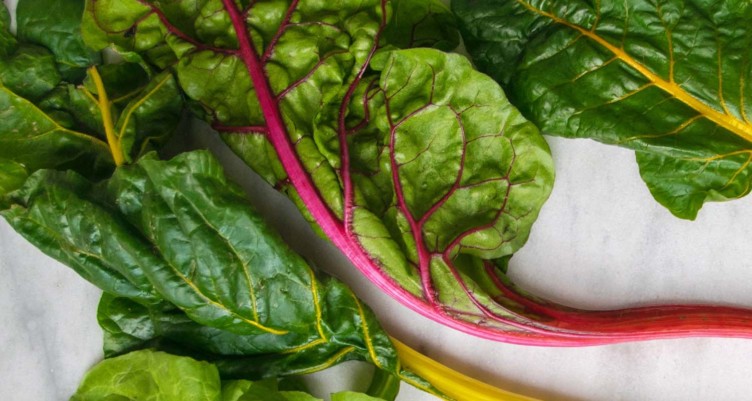
When a large portion of bacteria is destroyed, it rebuilds slowly. During this process, there is a competition for resources, so this is a time to focus on providing food for beneficial bacteria while starving the unwanted ones. That means eating more vegetables as well as eliminating sugar.
Vegetables nourish the gut microbes that help you digest and absorb your food. Gut microbes consume fiber, the portion of the vegetables that humans do not break down, which they convert into nutrients that you wouldn’t otherwise get.
Base your meals around whole foods that are rich in fiber, to provide more resources for beneficial bacteria to colonize your gut. Opt for an array of brightly colored vegetables (like dark leafy greens and vibrant cruciferous vegetables) to help promote bacterial diversity.[11]
Get quality sleep
Not getting enough sleep or only getting low-quality sleep can negatively change the ratio of bacteria in your gut, increasing the risk of insulin resistance, gut permeability and sugar cravings.
Exercise regularly

Exercise has been shown to change the composition of your gut microbiome, including stimulating the growth of beneficial bacteria that can regulate mucosal immunity.[12]
Consume fiber
Consuming dietary fiber, which is only found in plants, will also help restore gut flora. Research shows dietary fibers interact directly with gut microbes, leading to the production of metabolites like short-chain fatty acids.[13]
Avoid smoking
Research shows that cigarette smoke toxicants disrupt the balance of intestinal microbiota.[14] It is never too late to quit smoking.
Get rid of artificial sweeteners
A small human study suggested that saccharin caused shifts in gut microbiota, but another small human study indicated that sucralose and aspartame did not cause gut microbiota shifts.[15] The research is still too preliminary to truly understand the effects of artificial sweeteners on gut microbiota.
Eat prebiotic and probiotic foods
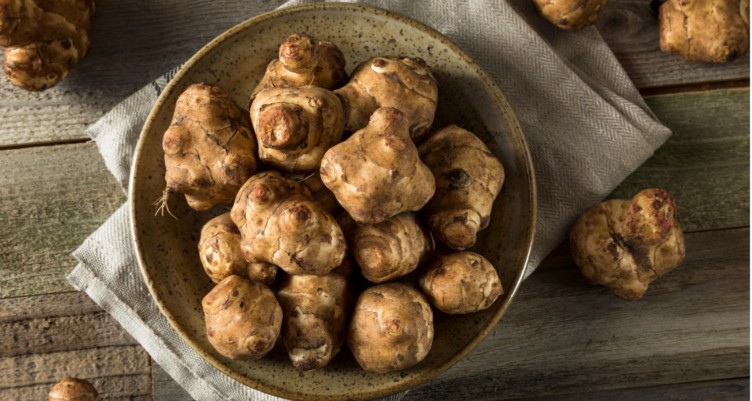
Probiotics are your beneficial bacteria—the ones that support healthy digestion, produce nutrients and eliminate toxins and pathogens, among other key roles. A diet rich in probiotics (like what you find in kefir, sauerkraut, kombucha and kimchi) can help those microbes colonize in your gut and prevent the unwanted ones from colonizing.
Probiotics are essential, but beneficial bacteria need food to thrive. Prebiotics are compounds that feed those beneficial gut bacteria. Well-fed, friendly bacteria populate the gut lining, helping nurture a healthy biome. This helps restore and maintain the integrity of your gut lining.[16]
You can get prebiotics from chicory root, artichokes, leeks, whole grains and foods that are high in resistant starch—a type of starch that resists digestion.[17] It ferments in your digestive tract and feeds the beneficial bacteria in your gut.[18] Sources of resistant starch include unroasted cashews, raw green bananas, raw plantain flour and raw potato starch. It can cause digestive distress in some people, so start slow and build up to a few tablespoons.
How do antibiotics damage your gut flora?
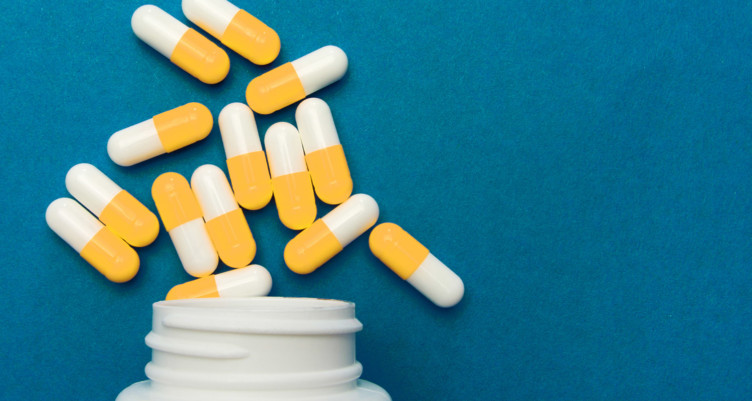
Antibiotics target all bacteria. You can take certain actions to replace the beneficial ones while taking antibiotics, and help restore balance after the course is over.
Historically, doctors believed that a healthy body needed to be sterile, and that our immune systems were constantly fighting the microbes we came in contact with. Once antibiotics were invented, millions of lives were saved as people were protected from bacterial infections.
Now, the medical community understands that there are beneficial organisms living within your intestines that need to be kept in balance for optimal health. Unfortunately, this means that antibiotics are a major threat to gut health. Taking them can cause symptoms like gas and diarrhea for a few days. Antibiotics can also shift the balance of your microbiome, resulting in problems like malabsorption, changes to your digestion, candida (yeast) overgrowth and even changes to your mental health.
There’s certainly a time and a place for antibiotics. For aggressive infections, surgery and other instances, they are a life-saving necessity. It’s also helpful to know how to keep your gut strong while you’re taking antibiotics, to help you restore balance faster.
How to help your gut recover after antibiotics
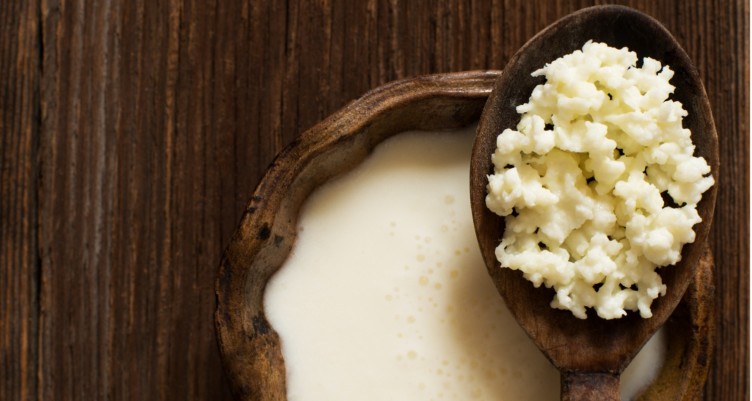
To prevent one strain of gut flora from taking over, take a probiotic supplement while you’re taking antibiotics.[19] The friendly probiotic bacteria may not colonize in the gut, but they can still help you through a course of antibiotics.
If you time your probiotic dosage correctly, the beneficial bacteria that are passing through will be able to thrive and maintain balance. Some will survive and continue to maintain balance until the next dose of antibiotics kills them off.
- Timing and type are crucial: Take your probiotics at least two hours before or after antibiotic doses. Also, if you are sensitive to probiotics, avoid strains that might generate histamines, like Lactobacillus casei, Lactobacillus reuteri and Lactobacillus bulgaricus.[20] Instead, opt for Lactobacillus plantarum, Bifdocaterium lactis, Bifdocaterium infantis and Bifidobacterium longum. These strains can lower histamine levels, reduce inflammation and improve digestion.[21][22]
- Take S. boulardii: S. boulardii is a beneficial yeast, so antibiotics don’t affect it. In several studies, researchers found that S. boulardii prevented antibiotic-associated diarrhea when they administered it with antibiotics.[23][24][25]
How long does it take to restore gut bacteria after antibiotics?
You know how to replenish good bacteria after antibiotics, but how long does the process take? A year-long study found that it took between one and 12 months for the human microbiota to normalize after antibiotic administration. The most pronounced effect occurred on day 11, and researchers found that most microbiota returned to pre-exposure levels within two to four weeks.[26]
Long-term effects of damaged gut health
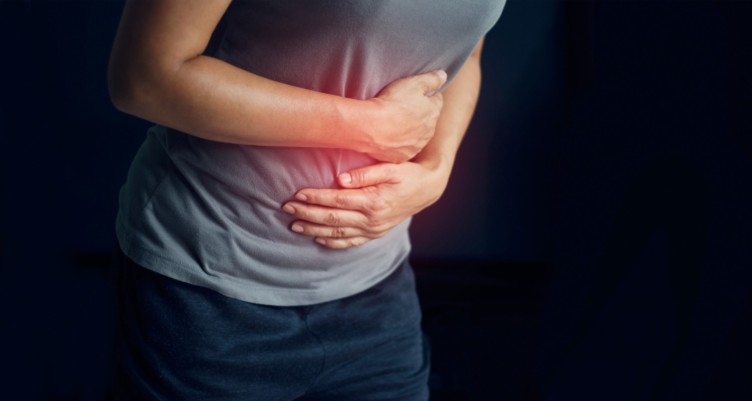
Because gut bacteria play an important role in supplying essential nutrients, synthesizing vitamin K and a number of other processes, an imbalanced gut can lead to problems. What are some of the long-term ramifications?
Here are a few issues that can result from a damaged gut:
- Inflammatory bowel disease[27]
- Poor sleep quality
- Weakened immune system
- Nutrient deficiencies
The bottom line:Restoring gut flora to optimal levels involves several factors, including sugar consumption, the amount of prebiotic and probiotic foods in your diet and your sleep quality. While antibiotics help eliminate harmful bacteria, they kill good bacteria, too. Follow the steps outlined above to help bring balance back to your gut microbiome as soon as possible.
Looking to avoid potential digestive issues? Find out which foods negatively impact your gut health—along with ways to improve your microbiome.
Sign up for early access to sales, product launches, the latest Bulletproof news and more!
This article was originally published on March 16, 2022 and has been updated with new content.



